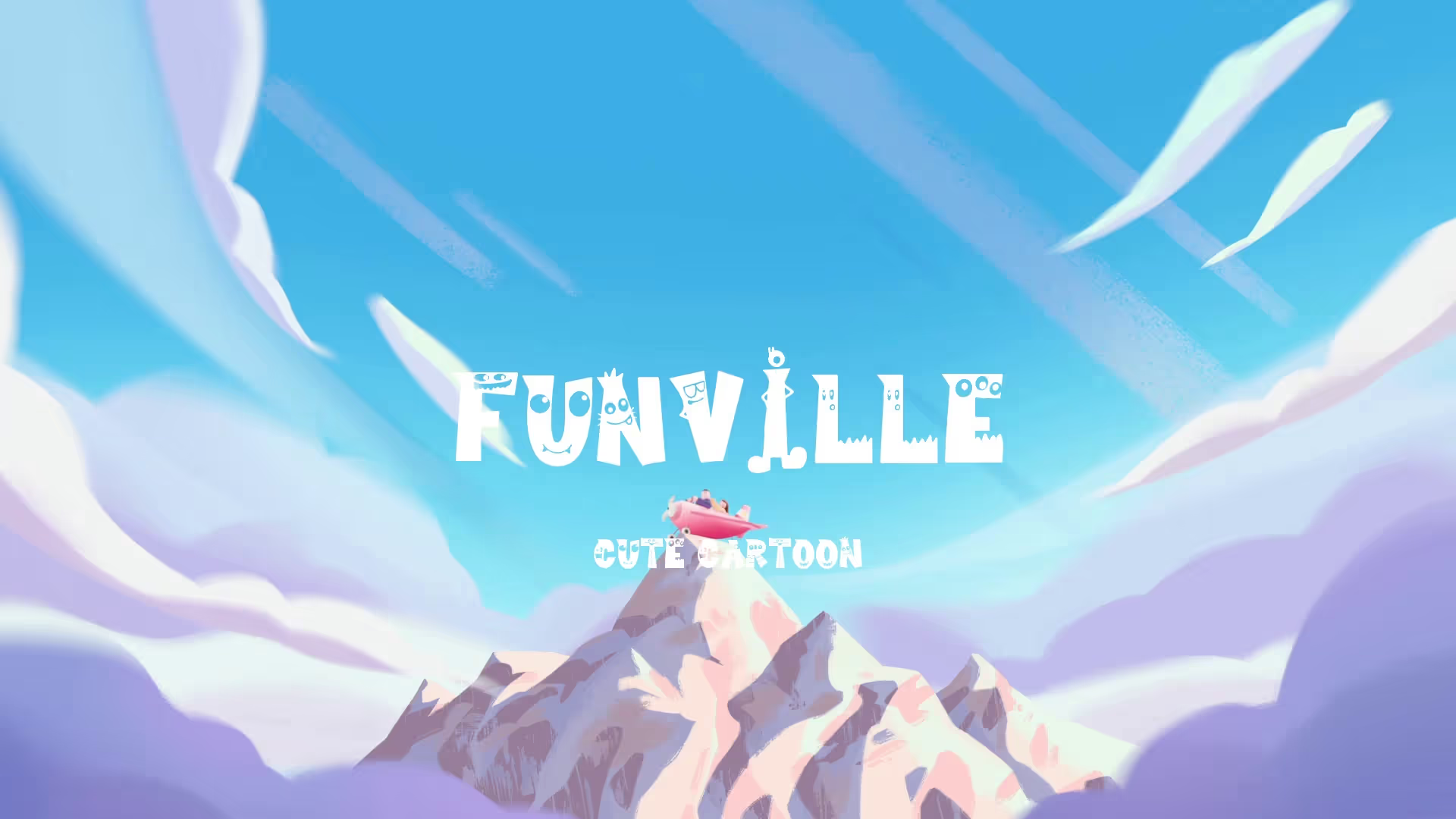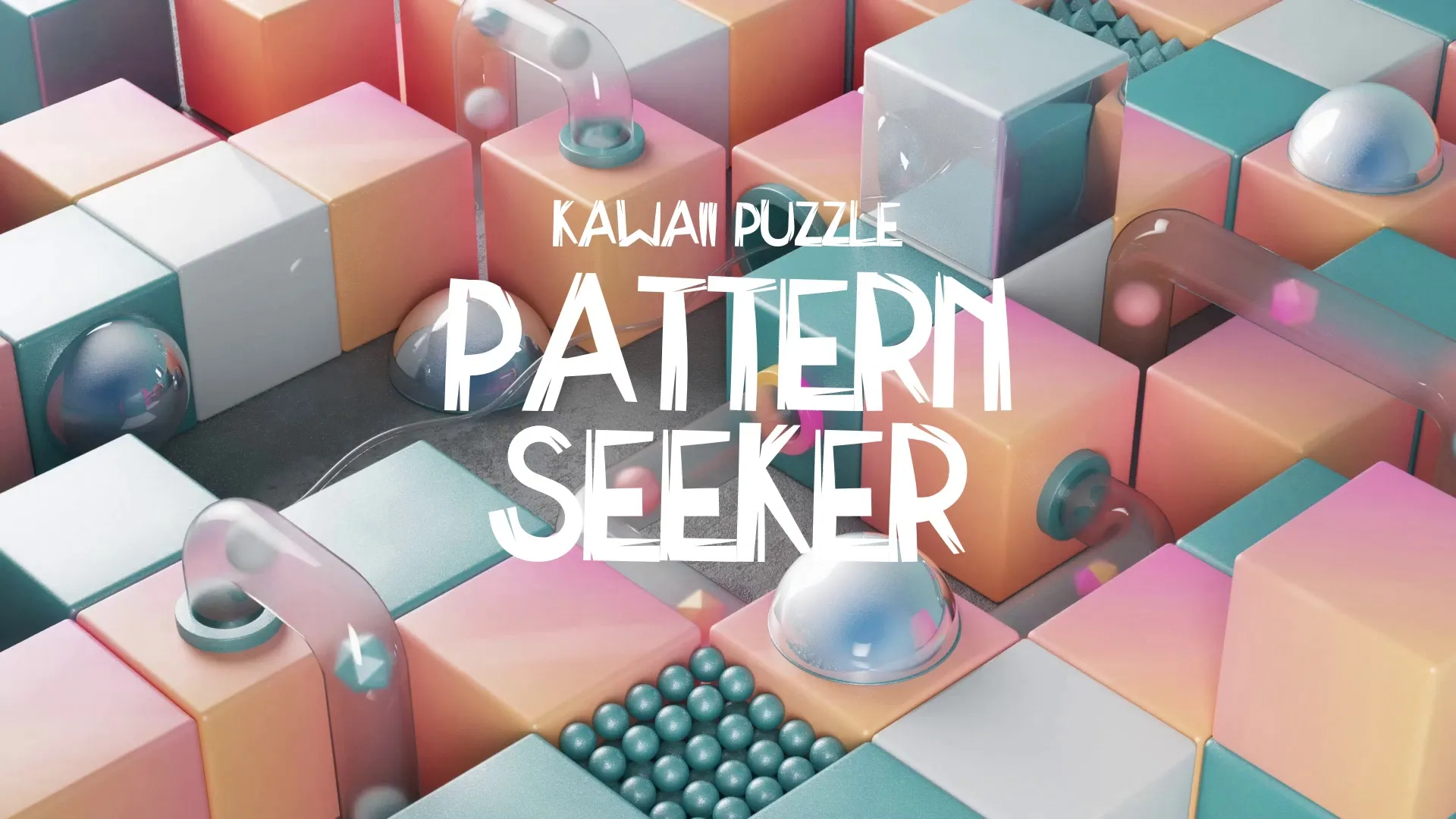Game Engine Rendering Pipeline Optimization: UE5 C++ & Real-Time Global Illumination
Optimizing your game engine’s rendering pipeline is crucial for delivering next-generation graphics without compromising performance. This guide focuses on Unreal Engine 5 (UE5) C++ best practices and achieving stunning real-time global illumination. Mastering these techniques ensures your game looks fantastic and runs smoothly across target platforms.
Foundations of UE5 C++ Performance
Efficient C++ coding is the bedrock of a high-performance UE5 project. Avoid unnecessary allocations and expensive operations within critical render loops.
Profile your code relentlessly to identify bottlenecks; tools like Unreal Insights are indispensable for this.
Prioritize data-oriented design principles to maximize cache coherency and reduce CPU overhead.
Leverage UE5’s built-in performance features, such as parallel for loops and async tasks, for multithreaded operations.
Minimize the use of virtual functions and dynamic casts in performance-critical sections of your code.
Streamlining Your Rendering Pipeline
Effective rendering pipeline optimization involves more than just powerful hardware; it requires smart resource management. Implement aggressive culling techniques to reduce the number of objects drawn each frame.
Utilize frustum culling, occlusion culling, and distance culling to eliminate unseen geometry early in the pipeline.
Level of Detail (LOD) systems are essential for managing geometric complexity based on an object’s distance from the camera.
Ensure your LODs are properly generated and transitioned to avoid popping artifacts and maintain visual quality.
Employ instancing for static meshes with identical materials to reduce draw calls significantly.
Consider GPU instancing for dynamic objects when feasible, as it can yield substantial performance gains.
Optimize your shaders by reducing instruction count, texture lookups, and complex calculations.
Create a free account, or log in.
Gain access to free articles, game development tools, and game assets.





















.webp)

